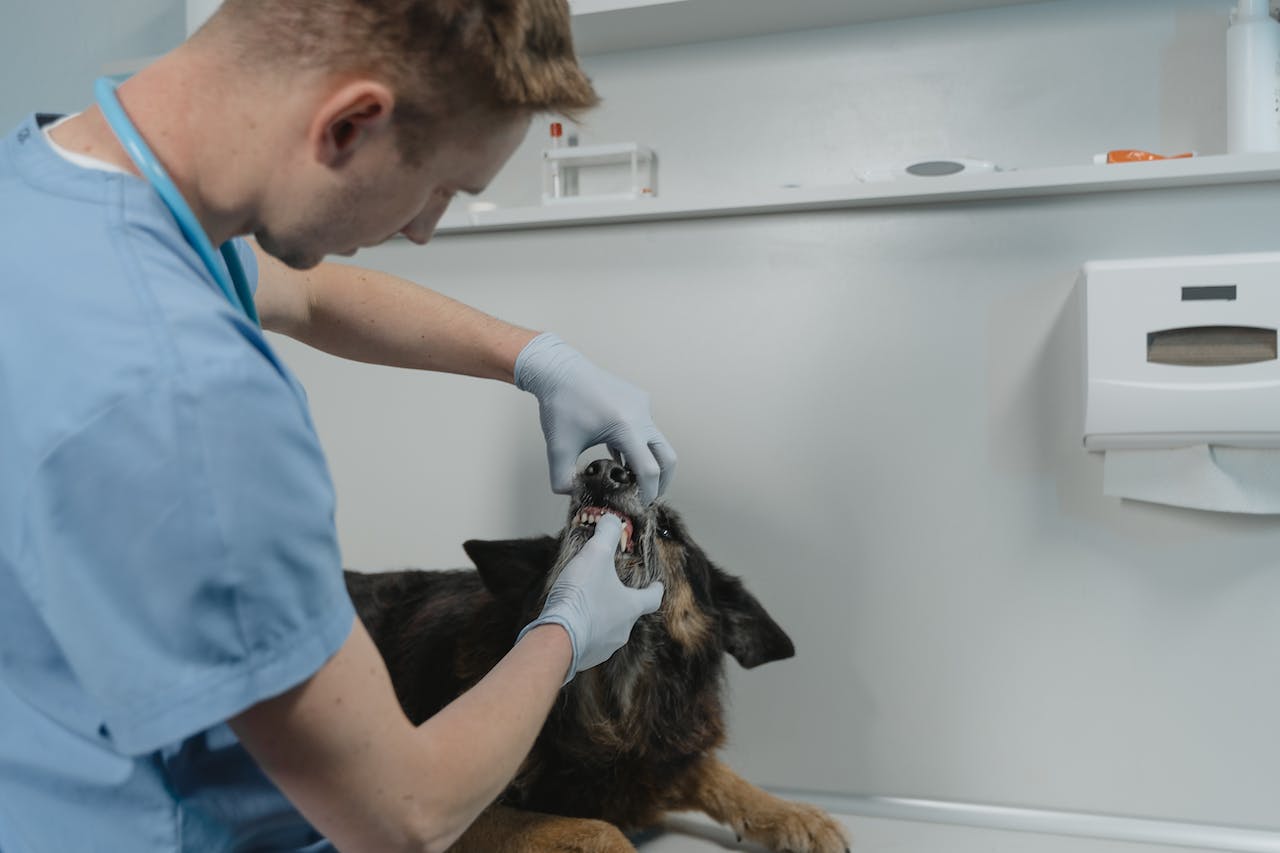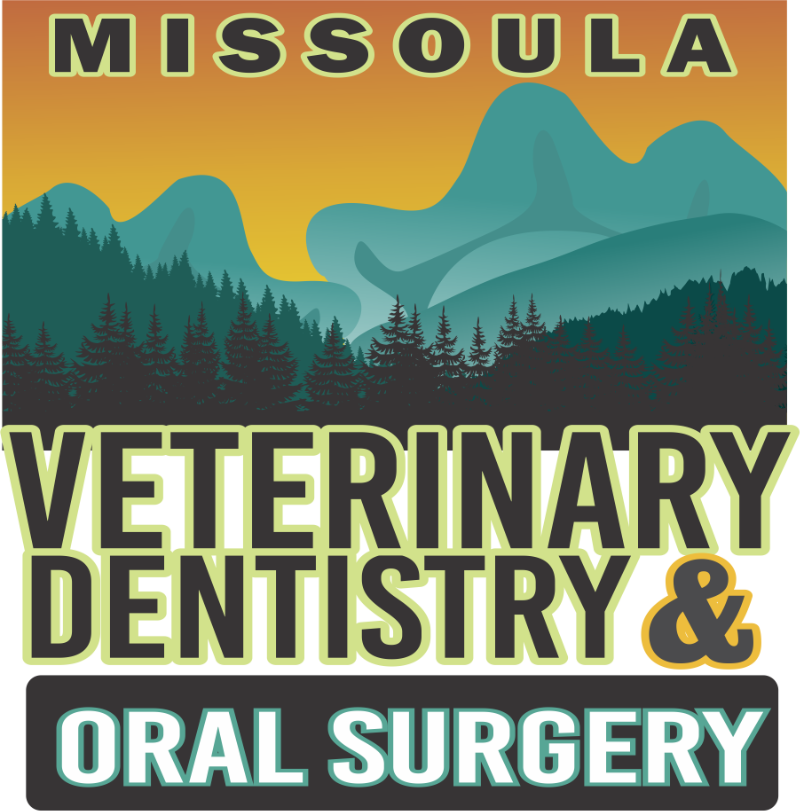
14 Nov Board Certified Veterinary Dentists in North America
Our pets are like family, and their health is a top priority for those who care for them. One aspect of their well-being that deserves special attention is dental health. Just as we turn to specialists for our own healthcare needs, our pets may also require the expertise of board-certified veterinary dentists. Today, we’ll explore how many of these specialists there are in North America and what it takes for a veterinarian to become a Board Certified Veterinary Dentist.
The Importance of the Dental Specialty in Veterinary Medicine
Dental issues in our pets are more common than one might think. From fractured teeth to gum disease, these problems can cause significant discomfort and, if left unattended, may lead to complications that can affect your pet’s overall health.
While your primary care veterinarian can handle many aspects of your pet’s dental care, there are instances where the expertise of a board-certified veterinary dentist™ becomes crucial. These specialists are highly trained professionals who can provide advanced dental care, including complex oral surgeries and treatments.
How Many Board-Certified Veterinary Dentists™ Are There in North America?
In North America, the exact number of board-certified veterinary dentists can fluctuate over time due to the accreditation and certification process. However, it is estimated that there are currently approximately 230 board certified veterinary dentists™ in the United States and Canada combined.
What It Takes to Become Board Certified in Veterinary Dentistry
Becoming a board-certified veterinary dentist™ is a challenging and rigorous process. The following steps outline what it takes for a veterinarian to achieve this advanced level of expertise:
1. Complete Undergraduate Education: The journey begins with earning a bachelor’s degree from an accredited institution. This is typically a four-year program.
2. Graduate from Veterinary School: After completing undergraduate studies, aspiring veterinarians attend four years of veterinary school to earn their Doctor of Veterinary Medicine (DVM) or Veterinary Medical Doctor (VMD) degree.
3. Gain Clinical Experience: Following graduation, veterinarians typically spend several years gaining practical experience in general veterinary medicine. During this period, they can develop a solid foundation in various aspects of animal healthcare.
4. Complete a Dentistry Residency: To become board certified in dentistry, veterinarians must undertake a residency program specifically focused on dental, oral and maxillofacial medicine and surgery. This program typically lasts three to four years and includes extensive training in dental procedures, oral surgery, radiography, and other specialized techniques.
5. Publish Research and Case Reports: Part of the certification process involves contributing to the field of veterinary dentistry by publishing original research or case reports in reputable journals.
6. Pass Rigorous Examinations: Aspiring board certified veterinary dentists™ must pass a series of challenging examinations administered by the American Veterinary Dental College (AVDC). These exams assess knowledge and clinical skills in veterinary dentistry.
7. Board Certification: Once they have successfully completed the above steps, candidates are awarded Diplomate status by the AVDC and officially become board certified veterinary dentists™.
Choose a Board Certified Veterinary Dentist
Board certified veterinary dentists™ are the experts in their field. They possess the extensive training, experience, and knowledge needed to diagnose and treat complex dental issues in your pets. Choosing a specialist when faced with dental problems in your pet is akin to consulting a specialized surgeon for a specific medical condition in a human patient.
In situations where your primary care veterinarian has identified a severe dental issue or when your pet requires advanced dental procedures, the expertise of a board certified veterinary dentist™ is invaluable. These specialists can provide state-of-the-art care, from root canals to orthodontic treatments, to ensure your pet enjoys the best possible oral health.
In conclusion, understanding the process that veterinarians go through to become board-certified in dentistry underscores the importance of their expertise. These specialists are dedicated to providing the highest level of dental care for your pets, ensuring their comfort, health, and happiness.
If you have concerns about your pet’s dental health or are seeking specialized dental care, don’t hesitate to contact us. We’re here to provide the expertise and compassionate care your pets deserve.
For more information, please visit these helpful links:
https://avdc.org/what-is-a-veterinary-dentist/
https://missoulavetdentist.com/about-us/
Photo by Tima Miroschnichenko from Pexels



